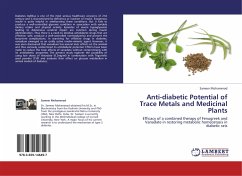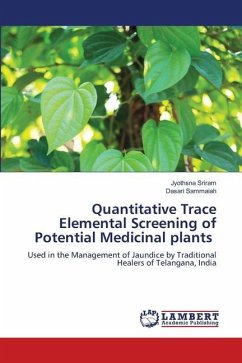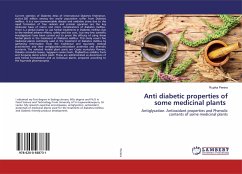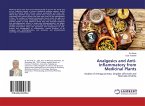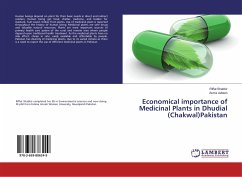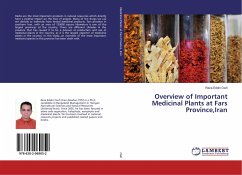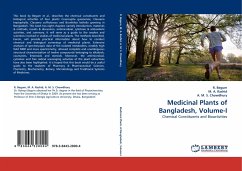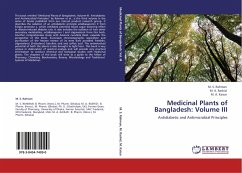Diabetes mellitus is one of the most serious healthcare concerns of 21st century and is characterized by deficiency or inaction of insulin. Exogenous insulin is quite helpful in ameliorating these conditions. But it fails to produce a well-controlled glycemic condition in association with variable dietary intake and physical activity. Episodes of severe hypoglycemia leading to deleterious cerebral impact are common during insulin administration. Thus there is a need to develop antidiabetic drugs that are effective, safe, produce a well-controlled normoglycemia and prevent the long-term complications. In searching for effective drugs in diabetes, vanadium emerged as an orally active insulin-mimetic agent. However, it was soon discovered that vanadium has several toxic effects on the animals and thus seriously undermined its antidiabetic potential. Efforts have been made to reduce the toxic effects of vanadate without compromising with its antidiabetic properties. The present studyexplores the possibility of using low doses of Vanadate (0.2mg/ml) in combination with Trigonella seed powder (TSP) and evaluate their effect on glucose metabolism in animal models of diabetes.
Bitte wählen Sie Ihr Anliegen aus.
Rechnungen
Retourenschein anfordern
Bestellstatus
Storno

